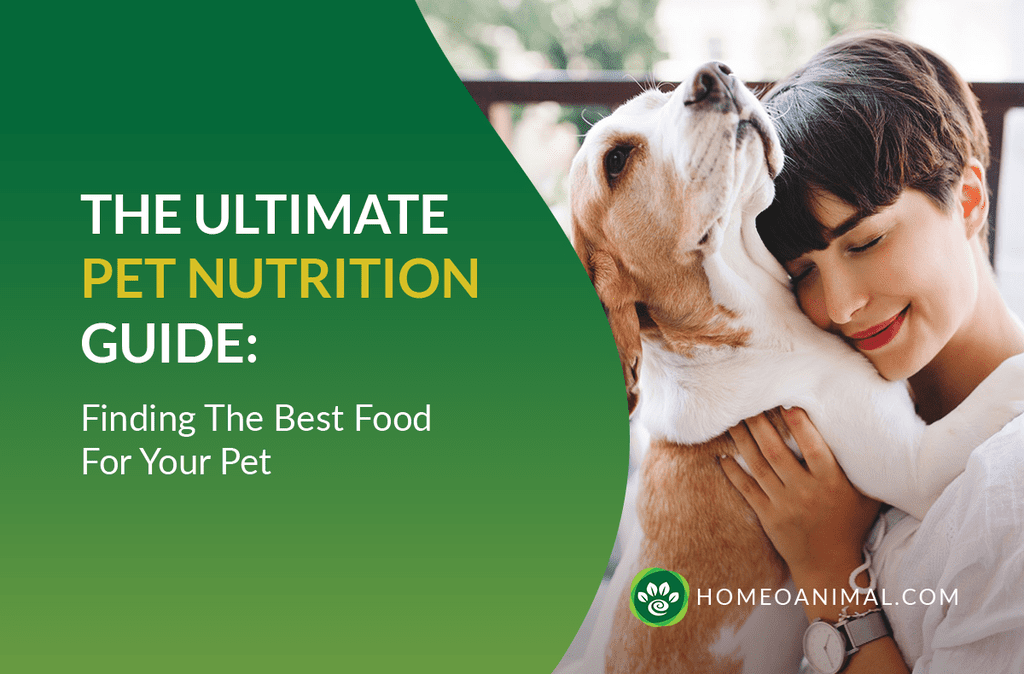By: Homeoanimal.com
Have you ever wondered if you’re feeding your dog or cat the best food possible? You’re certainly not alone! There’s no one-size-fits-all diet that works for every animal and there are so many feeding options out there, it’s easy to get confused. That’s why one of the best things you can do for your pal is to learn a bit about pet nutrition, so you can help make smart choices on his or her behalf.

It may seem overwhelming at first, but you don’t have to be an expert in order to make educated decisions for your furry friend. (However, there are experts out there who can help — in fact, all pet parents should seek guidance from a veterinary nutritionist!) It’s all worth the extra effort because when your companion eats a well-balanced diet, you’ll help him or her live the longest, healthiest life possible.
Some Important Things To Know
When it comes to filling your dog or cat’s food bowl, there are lots of things to consider. You have to decide whether kibble, home-cooked, or raw meals are best for your companion (and your lifestyle) and learn which wholesome “human foods” make the most nutritious treats. You should also research the risks of feeding animals too many calories, fats, and carbs, and how certain food sensitivities can lead to uncomfortable symptoms.
But it’s equally crucial to know what not to do and avoid common feeding mistakes that even the most loving pet parents make. From not knowing how to decode nutrition labels to overlooking the importance of a balanced diet, sometimes, it’s all about what you don’t put in your furry friend’s dish!
How A Little Knowledge On Pet Nutrition Can Go a Long Way
Just like with humans, our pets’ health begins with proper nutrition. The big difference, though, is that they depend on us to make their eating decisions for them!
The good news is, you don’t have to be an expert to be a wonderful pet parent, but you do have to have a little background knowledge about animal nutrition and health. That includes getting expert guidance from veterinarians and nutritionists to help you learn how to best care for your pal.
But while their help is crucial, at the end of the day, the choices you make for your four-legged friend are ultimately up to you. So, listen to the advice of trusted professionals, do some research, and use your best judgment. After all, no one knows your pet quite as well as you!